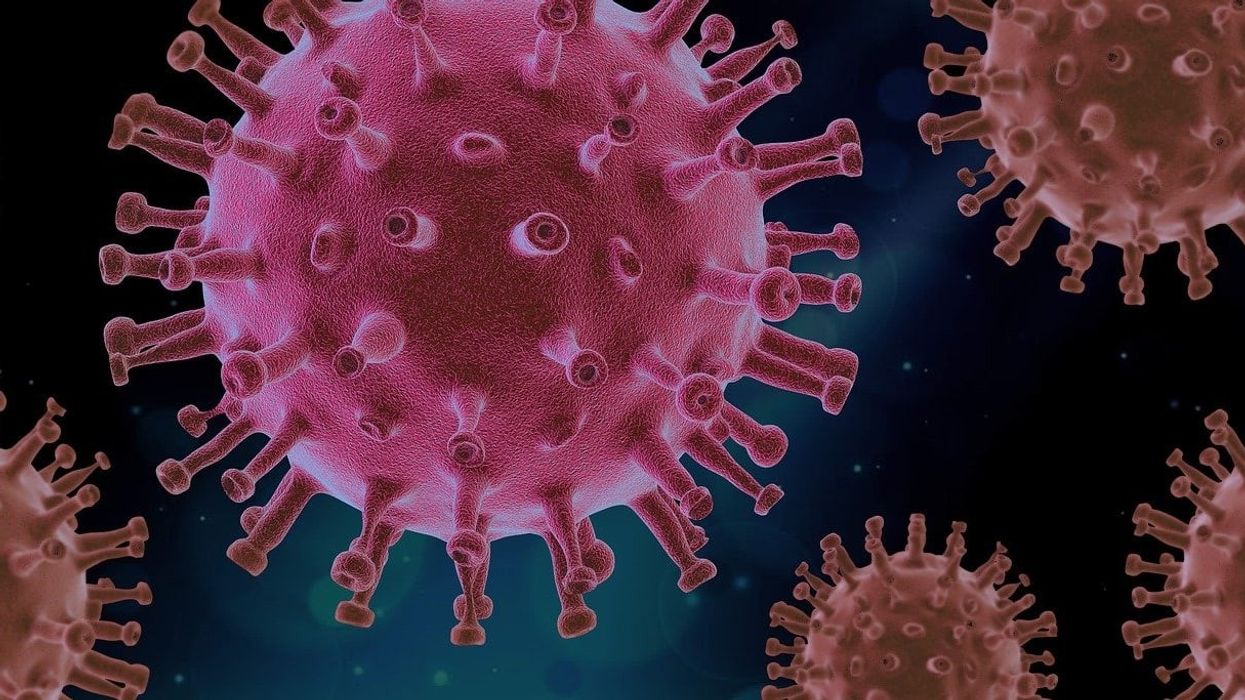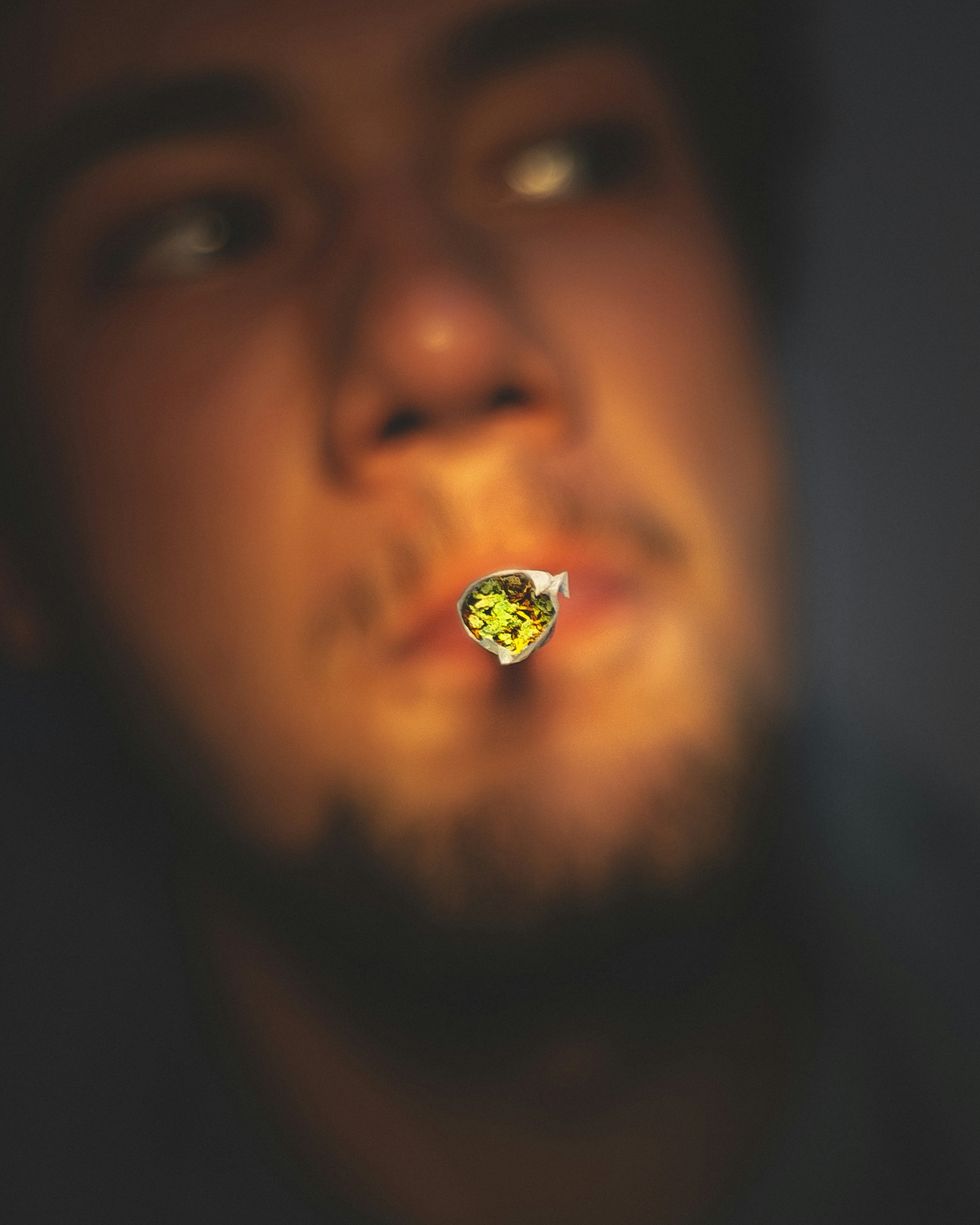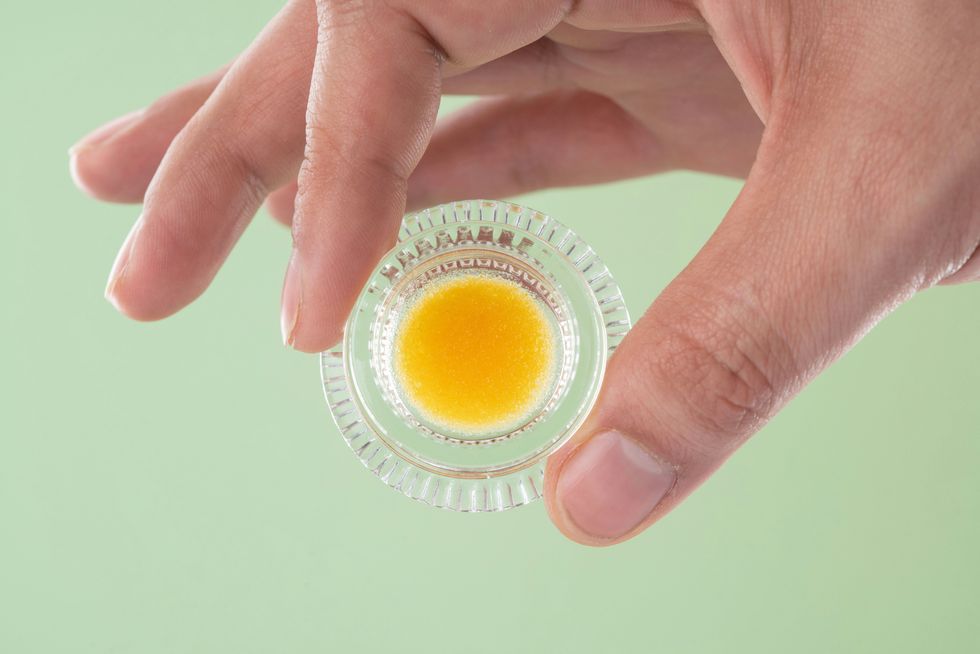Jan. 22, 2021 -- The flurry of cannabis activity slowed a bit this past week, although we still saw some notable developments.
The BIG Question: How do we get leaders around the globe to pay attention to these studies proving cannabis can help with COVID-19?
New Study Shows Cannabis Could Ease Serious COVID-19 Symptoms
What Happened: A team of researchers in Canada found that certain types of cannabis can help reduce inflammatory stress in the lungs associated with COVID-19.
Why It’s Important: This isn’t the first study to show cannabis could help with the virus. And the researchers, who have been studying cannabis and inflammation for years, were not surprised by the results. The big question is simple. Why aren’t countries jumping all over this? With more leaders saying we need to listen to science to properly address the pandemic – where does cannabis science fall into the picture?
Energy Startup in France Receives Funding for Hemp Fuel Facility
What Happened: Qairos Energies has raised $23 million to move forward with a hemp fuel facility for buses, trains, and natural gas.
Why It’s Important: Hemp is an incredibly versatile plant with so many beneficial applications. Whether you’re talking hemp fabrics, hempcrete, hemp protein, hemp plastic, and so much more – hemp seems like the superior option at every turn.
As for hemp fuel? Yes, please! Unlike fossil fuel, hemp biofuel is a renewable resource. Also, when burned, the carbon dioxide from hemp biofuel can be reabsorbed by hemp crops.
Embracing hemp fuel and the plant’s many other applications obviously requires a tremendous increase in cultivation.
In the U.S., however, it’s no secret that hemp farmers are struggling. Part of this has to do with messy regulations and lack of education as well as people hyper-focusing on hemp only as a source for CBD.
It is not sustainable to cultivate hemp only for CBD purposes. Hopefully the hemp fuel project in France will yield tremendous results that echo across the globe.
Poor Communities in Illinois Benefit from Cannabis Tax Revenue
What Happened: the Chicago Sun-Times reported that $31.4 million in cannabis tax revenue has been allocated to more than 80 groups working with poor communities in the state.
Why It’s Important: Illinois’ adult-use cannabis law requires 25 percent of cannabis tax revenue to go toward communities in need. Not only does it help with important issues such as economic disinvestment and violence, but it’s also an important step in addressing the fallout from the war on drugs, which has disproportionately impacted so many.
This is a great example of how adult-use cannabis tax revenue can benefit society, even those who don’t use cannabis.
States or politicians who fight against legal cannabis ought to take a closer look at how legalization is benefitting states that have chosen to get on the right side of history.
Ireland Opens Medical Cannabis Access
What Happened: Ireland’s Minister for Health, Stephen Donnelly revealed that the country’s Medicinal Cannabis Access Programme has been funded and specialist clinicians can now prescribe medical cannabis.
Why It’s Important: This is an important step for the people of Ireland, however there is still much more work to do. With just a handful of qualifying conditions, lack of education among doctors, and little support expected from the public health system, Ireland has a lot of opportunity to improve on their initial medical cannabis situation.
However, it’s not very helpful when the medical establishment still looks upon cannabis through the reluctant lens of stigma and fear.
That reluctance is evident in Donnelly’s comments: “The purpose of this Programme is to facilitate compassionate access to cannabis for medical reasons, where conventional treatment has failed.”
Why does cannabis have to be a last resort for a select few when so many people could benefit from early and safe access?
What’s more, cannabis flower is banned in the country with only licensed cannabinoid-based pharmaceuticals available for patients.
If we’re talking about compassion, Ireland can do much better. Yes, it’s a start, but why let so many people suffer?
New Zealand Shuts Down Cannabis Eradication Program
What Happened: Every year New Zealand police forces would unite to find and destroy as many cannabis crops as possible. The country has ended the annual helicopter raid to put focus on addressing methamphetamines instead of cannabis.
Why It’s Important: Last year New Zealand voters decided against legal cannabis in a close vote. It was a disappointing result for advocates in the country. However, the decision to stop the annual cannabis eradication is an encouraging step in the right direction.
Are you still missing out on The Bluntness newsletter? Sign Up today to stay in the loop.














 High-THC Weed Explored - The Bluntness Photo by
High-THC Weed Explored - The Bluntness Photo by  High-THC Weed Explored - The Bluntness Photo by
High-THC Weed Explored - The Bluntness Photo by  High-THC Weed Explored - The Bluntness Photo by Maria Fernanda Pissioli on Unsplash
High-THC Weed Explored - The Bluntness Photo by Maria Fernanda Pissioli on Unsplash 
 Union Square Travel Agency: A Cannabis StoreWill Ellis
Union Square Travel Agency: A Cannabis StoreWill Ellis The Flower Lounge at Union Square Travel AgencyWill Ellis
The Flower Lounge at Union Square Travel AgencyWill Ellis Union Square Travel Agency's New Dispensary Opens on BroadwayWill Ellis
Union Square Travel Agency's New Dispensary Opens on BroadwayWill Ellis Union Square Travel Agency designed by Leong LeongWill Ellis
Union Square Travel Agency designed by Leong LeongWill Ellis Union Square Travel Agency: A Cannabis Store designed by Leong LeongWill Ellis
Union Square Travel Agency: A Cannabis Store designed by Leong LeongWill Ellis Union Square Travel Agency gives 51% of proceeds to The Doe FundWill Ellis
Union Square Travel Agency gives 51% of proceeds to The Doe FundWill Ellis
 Grateful Dead's Jerry Garcia
Grateful Dead's Jerry Garcia Scene from Reefer Madness
Scene from Reefer Madness  Getting high w/ Awkwafina
Getting high w/ Awkwafina